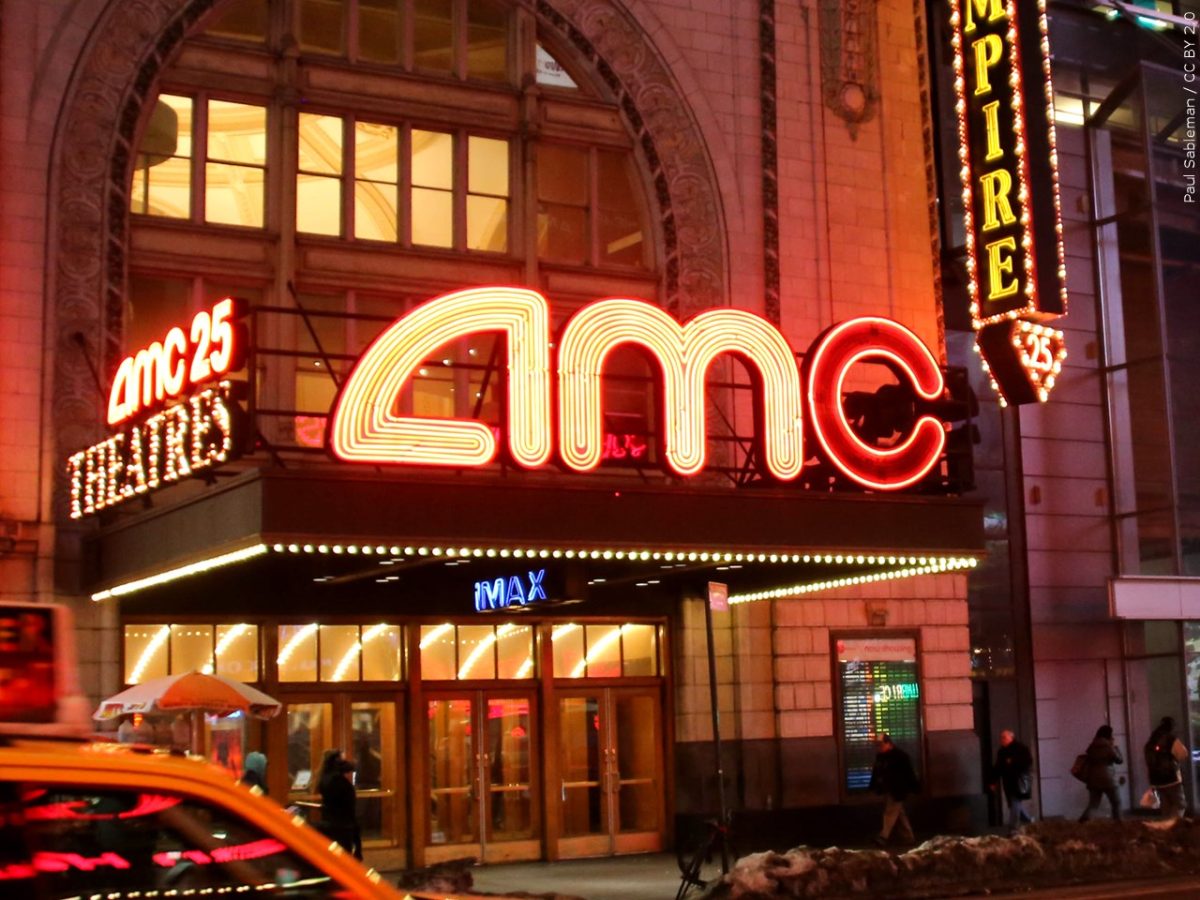Whether you love it or hate it, chances are, you have seen “Fight Club.”
Since its release, David Fincher’s classic has run both the critical and cultural gamut.
It debuted to mixed reviews. Many critics, including Roger Ebert — often regarded as the most important film critic of all-time — dubious of the artistic value of Fincher’s grisly, unflinching depiction of masculinity and violence, panned the film; in fact, he called it “fascist.”
Despite critics’ reactions, the film became a cult classic and lived on — through DVD, in dorm-room posters and on the Internet.
By the 2010s, many critics reclaimed the film, hailing it as a masterpiece and one of Fincher’s best, if not his best.
Today, the film is synonymous with the wave of terminally online “sigma males” it has inspired, who litter social media with posts praising the film’s antagonist, Tyler Durden.
As a filmmaker and, by extension, a cinephile, Emma Seligman has seen “Fight Club.” In fact, as she told Sean Fennessey, the host of my favorite podcast, “The Big Picture,” she loves it. But she never made Rachel Sennott, Ayo Edebiri and the rest of her cast and crew watch the film when preparing for “Bottoms,” her sophomore feature.
Her decision is ironic, as “Bottoms” is in the lineage of “Fight Club,” and there are endless parallels between the narratives surrounding the two films.
As a young, hotshot director, Fincher cast two of the ‘90s’ up-and-coming stars, Edward Norton and Brad Pitt, in “Fight Club”; Seligman cast Gen Z’s equivalent, Edebiri and Sennott, in “Bottoms.”
Sennott headlined “Bodies Bodies Bodies” and appeared in Max’s “The Idol”; Edebiri is coming off starring and costarring roles in FX’s “The Bear” and Fox Searchlight’s “Theater Camp.” Although “The Idol” and “The Bear” received polar opposite reviews, both were big, big hits. Young people know who Sennott and Edebiri are. And if they do not yet, they will.
The film follows PJ, played by Sennott, and Josie, played by Edebiri, a pair of best friends who start a — yes — fight club to get girls.
It is a simple premise and a simple film, which is a compliment; an hour-and-a-half comedy is a breath of fresh air in an industry brimming with two-and-a-half-hour dramas.
“Bottoms” knows what it is: one of the best, and only, comedies of the year and a breezy, laugh-a-minute joyride.
Sennott and Edebiri are, as expected, terrific, as is the rest of the film’s cast. I had not heard of many, if not the majority, of Sennott and Edebiri’s costars, but they are all wonderful. Of course, As an NFL and ex-Seattle Seahawks fan, I had heard of Marshawn Lynch, who knocks his first role, as PJ and Josie’s staff sponsor, out of the park.
Acting is important, but jokes are the foundation of comedy. And all the jokes land. Older filmmakers have attempted to appeal to teens and 20-somethings’ sense of humor for years and years, and none of them have succeeded. Last year’s “Bodies Bodies Bodies” was the closest we had gotten to a true Gen-Z comedy — until now.
It is not surprising, as our generation’s filmmakers have not been afforded the opportunity to make films yet, in part because many of them are still in school but also because studios are reluctant to put money in young people’s hands.
Seligman is a late millennial, or “zillennial,” old enough to gain “Bottoms” distributor Metro-Goldwyn-Mayer’s seal of approval — which is shocking, as MGM is one of Hollywood’s oldest studios.
“Bottoms” is a miracle. I have a feeling Seligman, Sennott and Edebiri are going to part of our lives for years, if not decades. Hollywood, a new generation has arrived, and they want — and deserve — a seat at the table.


